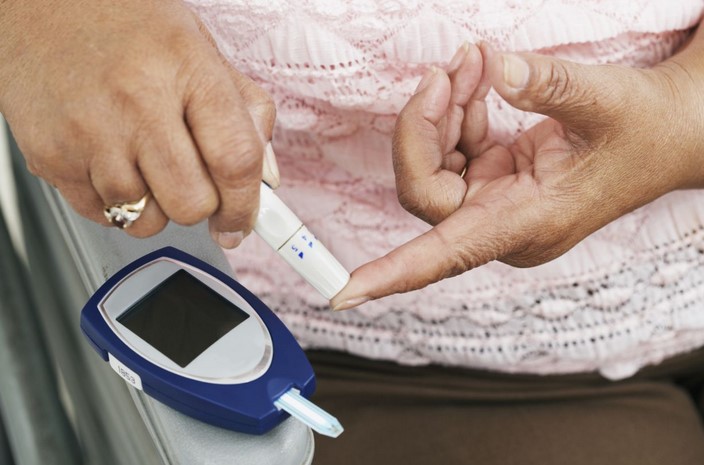Stress and Reactive Hypoglycemia: The Connection and Coping Strategies

Stress and Reactive Hypoglycemia: The Connection and Coping Strategies is an in-depth exploration of the relationship between psychological stress and reactive hypoglycemia, a condition characterized by recurrent episodes of low blood sugar within a few hours after a high carbohydrate meal. The book delves into the physiological and psychological mechanisms that link stress and hypoglycemia, highlighting how stress can exacerbate hypoglycemic episodes and worsen their symptoms. It also provides practical coping strategies to manage stress and maintain stable blood sugar levels, offering valuable insights for individuals suffering from reactive hypoglycemia and healthcare professionals alike.
Understanding the Link Between Stress and Reactive Hypoglycemia: Effective Coping Strategies
Stress and reactive hypoglycemia are two health conditions that, at first glance, may seem unrelated. However, a closer examination reveals a complex interplay between these two phenomena. Understanding this connection is crucial, as it can provide valuable insights into effective coping strategies for individuals grappling with these conditions.
Reactive hypoglycemia, also known as postprandial hypoglycemia, is a condition characterized by recurrent episodes of low blood sugar typically occurring within four hours after a meal. Symptoms can range from mild, such as hunger and fatigue, to severe, including confusion, blurred vision, and even loss of consciousness. On the other hand, stress is a natural physiological response to perceived threats or challenges, which can manifest in various forms such as emotional, physical, or cognitive symptoms.
The link between stress and reactive hypoglycemia lies in the body’s response to stress. When we encounter a stressful situation, our body releases stress hormones like cortisol and adrenaline. These hormones stimulate the liver to produce more glucose, providing the body with the energy it needs to respond to the stressor. However, in individuals with reactive hypoglycemia, this surge in blood glucose triggers an overproduction of insulin, a hormone that helps cells absorb glucose. This overproduction can lead to a rapid drop in blood sugar levels, resulting in hypoglycemia.
Moreover, chronic stress can exacerbate this cycle. Persistent stress keeps the body in a constant state of alertness, leading to continuous production of stress hormones and, consequently, recurrent episodes of reactive hypoglycemia. This vicious cycle can significantly impact an individual’s quality of life, making it imperative to develop effective coping strategies.
One of the most effective ways to manage stress and reactive hypoglycemia is through dietary modifications. Consuming small, frequent meals throughout the day can help maintain stable blood sugar levels. Including complex carbohydrates, lean proteins, and healthy fats in the diet can slow down the absorption of glucose, preventing sudden spikes and drops in blood sugar levels. Avoiding or limiting the intake of refined sugars and caffeine can also help, as these can trigger a rapid rise in blood glucose levels.
Physical activity is another crucial component of managing these conditions. Regular exercise helps reduce stress levels and improves insulin sensitivity, making it easier for the body to regulate blood sugar levels. However, it’s important to note that intense physical activity can cause a sudden drop in blood sugar, so it’s advisable to have a small snack before exercising and to monitor blood sugar levels closely.
Mindfulness practices, such as meditation and yoga, can also be beneficial. These practices help reduce stress levels and promote a sense of calm and well-being. They also help individuals become more aware of their bodies and their responses to stress, enabling them to better manage their reactions to stressful situations.
In conclusion, the connection between stress and reactive hypoglycemia is a complex one, influenced by various physiological processes. However, understanding this link can pave the way for effective coping strategies. Through dietary modifications, regular physical activity, and mindfulness practices, individuals can manage their stress levels and blood sugar levels, breaking the cycle of stress and reactive hypoglycemia and improving their overall quality of life.Stress and reactive hypoglycemia are interconnected, as stress can trigger the onset of hypoglycemic episodes by disrupting glucose metabolism and insulin regulation. Coping strategies such as maintaining a balanced diet, regular exercise, adequate sleep, and stress management techniques can help manage both stress and reactive hypoglycemia effectively. Therefore, understanding the connection between stress and reactive hypoglycemia is crucial for developing effective coping strategies.